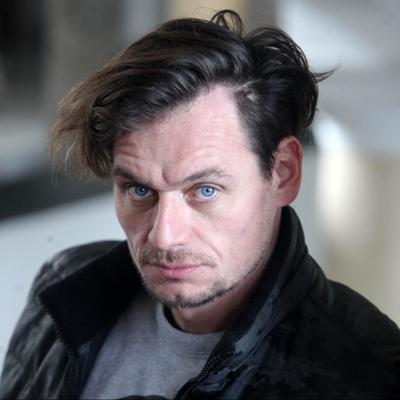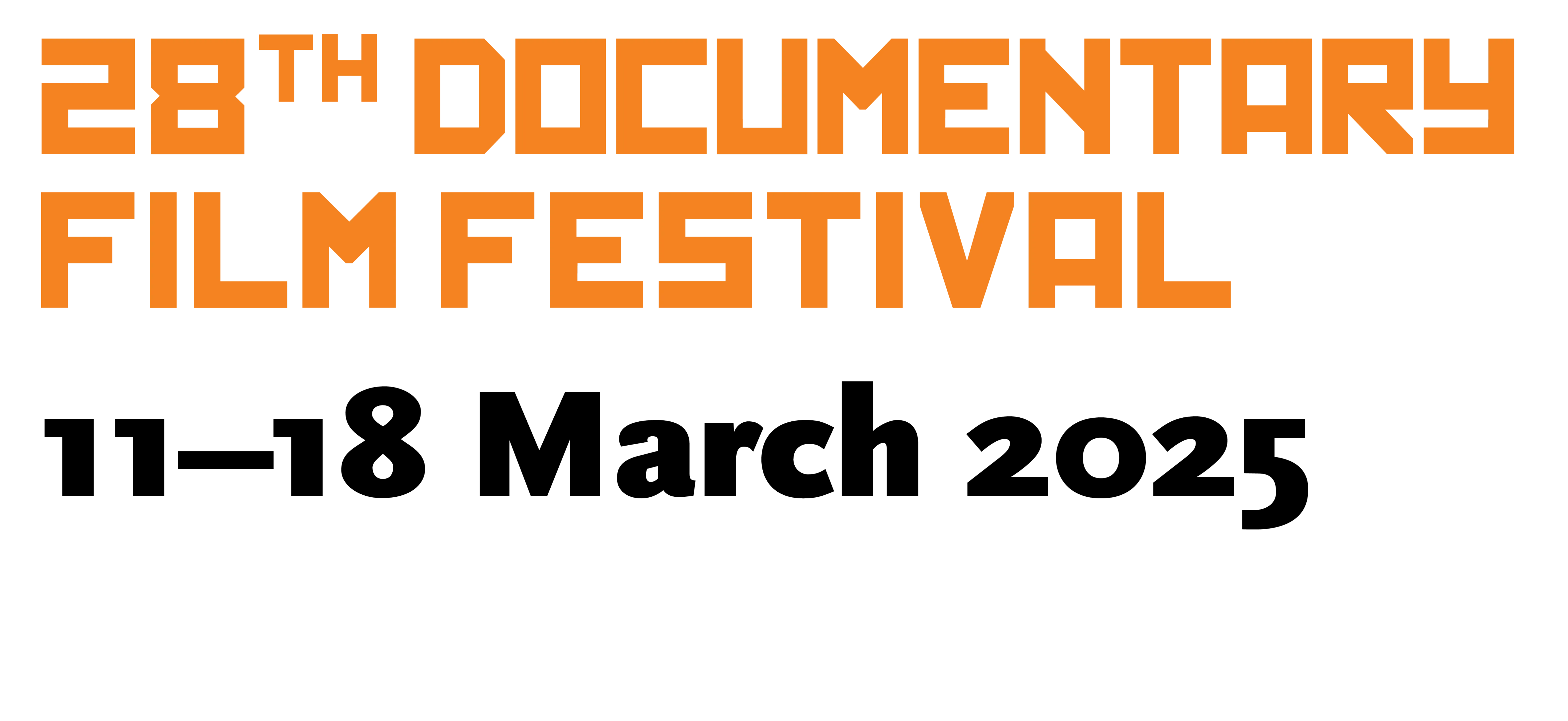Amnesty International Slovenia Human Rights Film Award
(Competition Section)
International jury

Primož Bezjak
Actor and performance artist Primož Bezjak has been active in the Slovenian theatre landscape since at least 1999, when he took part in Matjaž Pograjc’s and Betontanc’s performance Secret List of Sunny Days. Since then he has worked in both institutional theatre and independent dance and theatre productions, as well as international co-productions and film. He became a regular member of Betontanc and also set up a spin-off group Beton Ltd. with his colleagues, that went on to produce successful performances, most recently, for example, Ich kann nich anders, Große Erwartungen and Fun Fact. At the end of 2008 he joined the Mladinsko Theatre full time, and in 2011 received the Župančič Award for his acting work, the highest award of the Municipality of Ljubljana for outstanding creations in the field of art and culture. He won the Vesna Award for Best Actor in a Leading Role for his performance in Antigone – How Dare We! at the 23rd Slovenian Film Festival in 2020

Maja Prettner
Maja Prettner graduated in film directing from the Academy of Theatre, Radio, Film and Television in Ljubljana. Her films have been screened and awarded at local and international festivals. She was an artist-in-residence in New York City, and selected to attend the Berlinale Talent Campus as an up-and-coming director. Her last full-length documentary, Woman of God, won the Audience Award, the Fipresci Prize and the Vesna Award for Best Editing at the 26th Festival of Slovenian Film. She also won the prestigious Al Jazeera Television Network Award, and received the Štiglic Gaze Award for Exceptional Direction, given annually by the Directors Guild of Slovenia. The Woman of God received its international premiere at Hot Docs Toronto, North America's largest documentary film festival, and was selected for competition at the Torino Film Festival.

Nemanja Vojinović
Nemanja Vojinović studied film directing at the Faculty of Dramatic Arts in Belgrade, where he graduated in 2012 with a full-length omnibus, Where is Nadja. His short documentary Reality, fuck off! won awards at regional and international festivals. As director and producer, Vojinović followed emigrants from Cuba to the United States in his full-length documentary debut Las Distancias. His second full-length documentary, Bottlemen, won the 2023 Heart of Sarajevo Award for Best Documentary.
Battling Hostility with Films

Taja Premk
AIS Communications and Events Program Manager
A successful documentary film translates a real-life story onto the screen, bringing it under the spotlight and adding music, soul and form to provide the viewers with an insight into even the most distant stories. It not only documents, but educates, reflects and offers a glimpse into lives, often from that other point of view.
A world that watches live footage of genocide, climate cataclysms, poverty, hunger and violence is a world with an inexhaustible supply of topics for documentaries. And human rights organisations like Amnesty International never run out of work – our greatest wish is that one day we’d be out of work and that the rights of all people would be respected and valued, but we know that this horizon will always be just slightly out of reach.
This year’s Documentary Film Festival once again offers a varied and exciting film programme, translating onto the screen the world we are currently living in – from genocide and apartheid in Palestine, the war in Ukraine, toxic masculinity and the undermining of women's rights, to a look back at colonialism. Topics that are not just content for social media and news TV channels, but need to be looked at in more detail – awareness needs to be created about what documentary films tell us: first-hand personal stories conveying feelings, pain, hope or hopelessness. These stories do not allow us to look away.
At the 27th Documentary Film Festival, our three-member Amnesty International jury will have a particularly tough job choosing the best human rights documentary. There are five films in competition this year, each of which, individually and collectively, constitute the essence of the meaning of human rights.
The first of these films has been eagerly awaited by all cinephiles, the multiple award-winning No Other Land. The Palestinian-Israeli team of filmmakers sends a clear message, not only about Israel’s apartheid against Palestinians, but also about how to surmount nationalism for the sake of a just, discrimination-free society. After the screening, we will applaud both filmmakers, Yuval Abraham, an Israeli journalist, and Basel Adri, a long-time Palestinian activist, and not just one half of the filmmaking duo, in the manner of Germany’s minister at Berlinale.
In Intercepted, Ukrainian director Oksana Karpovych takes us back to the battlefields of Ukraine and Russia. Through phone calls Russian soldiers made from the war zone in Ukraine to their relatives in Russia, she shows the false perceptions of war and how little the lives of soldiers at the front really matter.
Director Johan Grimonprez’s music documentary, Soundtrack to a Coup d'Etat, takes us back in time to the decolonisation of the late 1950s and early 1960s.
In her documentary Far from being Lipizzans, director Olga Kosanović focuses on Austria’s legislation regarding naturalisation of foreign nationals. The country has one of the strictest citizenship laws in the world. The documentary
by a director whose citizenship status has still not been resolved will reveal the factors influencing the acquisition of citizenship, the inner workings of the acquisition process and how many of today's Austrian nationals would
even be granted citizenship under the strict, currently applicable criteria.
Polish director Maciej Drygas’s Trains traces the role of trains in social, political and cultural contexts of the 20th century.
In repeatedly shattering stereotypes, broadening horizons and highlighting the importance of human rights, the Documentary Film Festival shares the tasks of our organisation, Amnesty International. We are delighted to be part of this extraordinary film event once again, and this time our candle wrapped in barbed wire also features in the festival’s visual identity. We hope it sends a clear message: It is better to light a candle than to curse the darkness.
